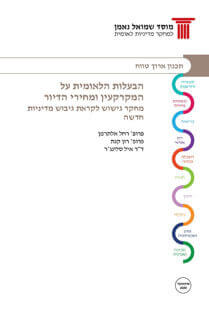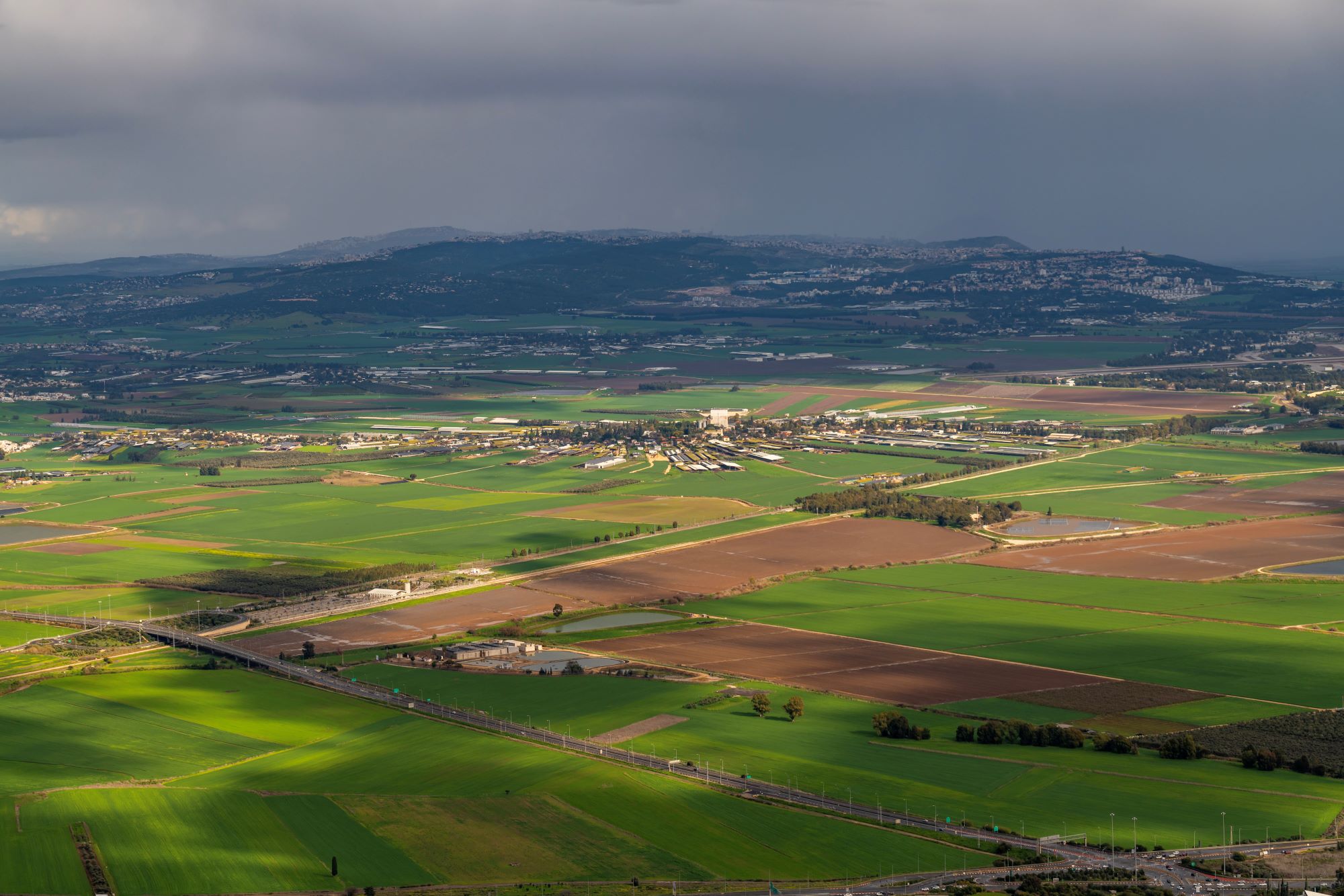 / Experts / Rachelle Alterman
/ Experts / Rachelle Alterman
 / Experts / Rachelle Alterman
/ Experts / Rachelle Alterman
Land-use law; urban planning; cross-national comparative research; urban planning; housing policy; land regulation and climate change
PhD Urban and Regional Planning, Technion-Israel Institute of Technology
LLB Tel Aviv University
MCP Master of City Planning, University of Manitoba
BA Social Science, University of Manitoba
Land-use law; urban planning; cross-national comparative research; urban planning; housing policy; land regulation and climate change
Rachelle Alterman is an active Emeritus Professor of Urban Planning and Law at the Technion’s Faculty of Architecture and Town Planning. As an elected member of the Israel National Academy of Sciences, she has joined the very elite of scholars. Alterman is the Founding President of the International Academic Association on Planning, Law and Property Rights and is an international leader in cross national comparative research that bridges planning and law. The Association of European Schools of Planning has named her an Honorary Member (the only non-European); the Royal Institute of Technology in Stockholm has awarded her the Athena Accolades Award recognizing 10 globally leading academics in urban studies. KTH named her one of 20 Female Athena Accolade recipients. In Israel, she was awarded the prestigious national Landau Scientific Award. Seeking to influence public policy, Alterman serves as advisor to UN Habitat, the OECD, the Union for the Mediterranean, the World Bank, the Israeli Knesset, government bodies, NGOs, and the media.


Rachelle Alterman, Micha Drori, Efrat Aviram Vas, Zeevik Greenberg, Shnider Avi, Guy Kagan

Rachelle Alterman, Guy Kagan
